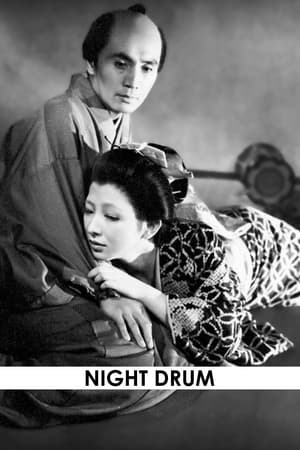The film is adapted from the net glazed play "Horikawa Bo Drum" near Songmen Zuo Weimen. It is directed by Toshii, co-written by Hashimoto and Shindo, and co-starred by Mikuni Rentaro and Youma Daozi. This is the first time that Imai is directing a costume film, and it is also adapted from a well-known theatrical masterpiece, so he is cautious and meticulous in all aspects of work, thus contributing to this historical tragedy of ancient costume. Let's talk about the background of the film. in order to maintain its rule, the shogunate in the Edo period asked all the clans from all over the world to make a regular pilgrimage to Edo and do business for the shogunate, which is historically known as "performing Hajj confession" (also known as attendant explanation). On the one hand, this is to keep the great names and powerful people in Edo as hostages in disguise, and at the same time, the accompanying warriors of the clans linger in restaurants and brothels, which prospers the economy of Edo. On the other hand, it also limits the financial resources of various clans. because the vassals spent a lot of money on the journey to Edo and back to the vassal kingdom for Hajj, they would be ridiculed if they did not put on pomp, so participating in Hajj was an important condition for the Edo shogunate to establish a country. On the other hand, the families of the accompanying samurai need to work hard to run the family in their hometown. If a young wife cannot keep lonely and has an affair, the samurai who returns to the clan must not hesitate to kill adulterers and adulterers. After successful revenge, they will be added to the ranks. If they choose to swallow their anger, they will be ridiculed by the rest of the world. After that, there is no hope of promotion.
 7.0
7.0